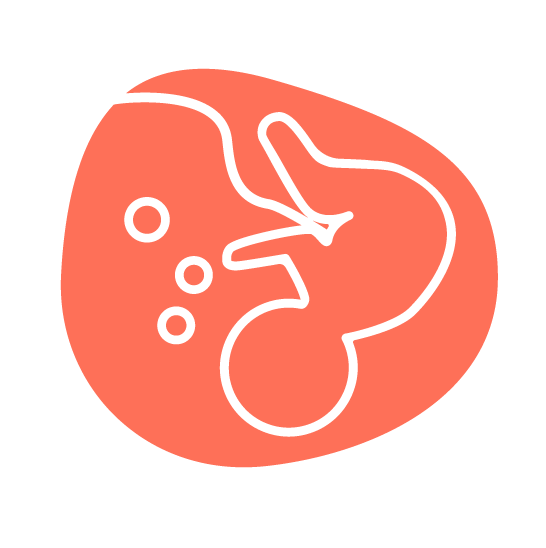Mapping socio-technical controversies about same- sex couples’ access to assisted reproductive technologies in France and Portugal. Salute e Societa
Autora: Catarina Delaunay
Artigo | Gomes, C. D. (2018). Mapping socio-technical controversies about same- sex couples’ access to assisted reproductive technologies in France and Portugal. Salute e Societa, 17(2), 72-89.
Resumo: This article seeks to map socio-technical controversies in France and Portugal over the extension of Assisted Reproductive Technologies (ART) to same-sex couples. It focuses on controversies that, over the long term, set actors with divergent representations, interests and beliefs against each other. I approach this problem theoretically and empirically through the analysis of legislation, parliamentary debates, mass-media coverage and in-depth interviews. After introducing the article’s theoretical framework, I will briefly present the legal framing of ART in France and Portugal, which was similar until mid-2016. Despite the legalisation of same- sex marriage in France (2013) and Portugal (2010), until recently laws and public policies in both countries limited access to ART to heterosexual couples with infertility problems. I will describe the dynamics of social and legal change in both countries, comparing the breakthroughs and setbacks in France with a more linear process in Portugal that culminated in the recent adoption of non-discrimination laws concerning same-sex couples (on ART and adoption). This will involve examining public controversies surrounding the ‘traditional’ family model (a heterosexualcouple with children), listing the principles underlying the draft laws and exploring the reasoning conveyed by its promoters and opponents. I conclude that social transformations materialized in legal changes depend on both the degree of acceptance by society and the balance of power in national parliaments.

